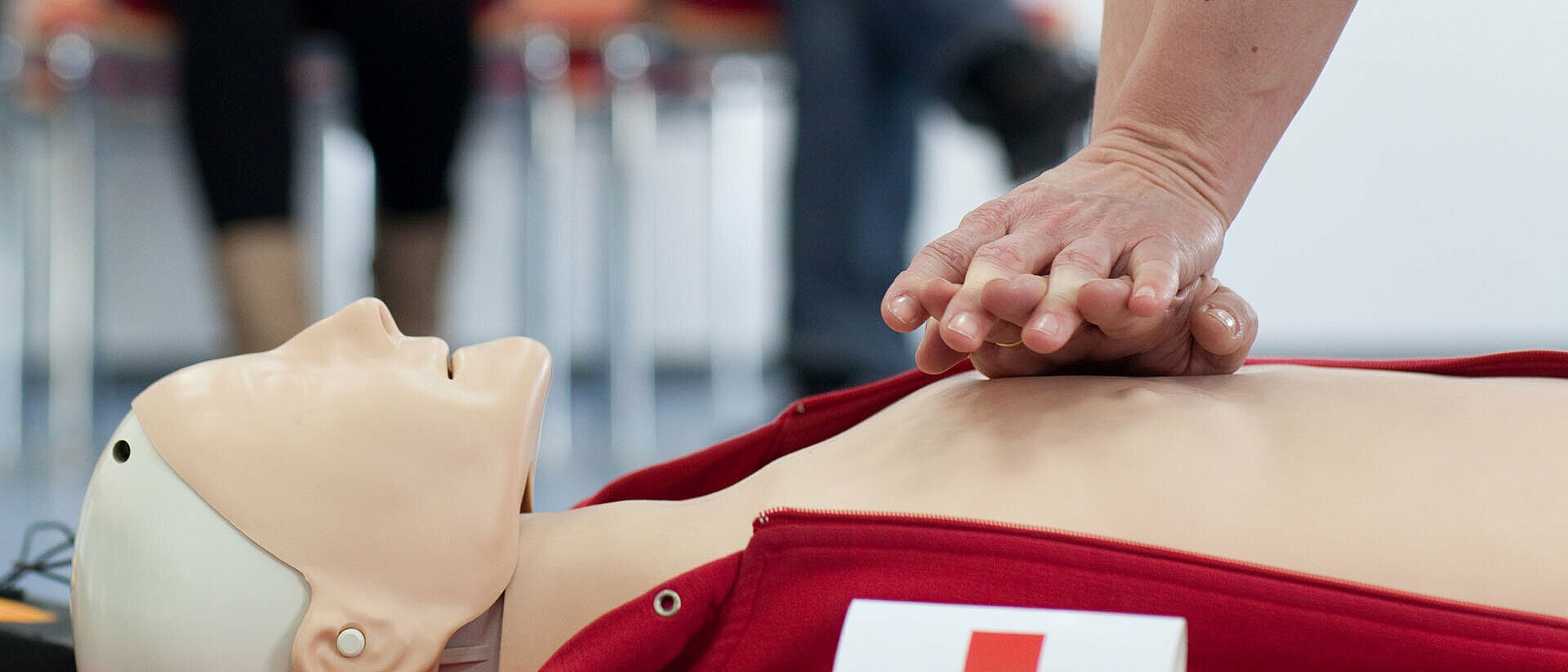


 349,500 Offered Certificates
349,500 Offered Certificates
 24/7 Online Training
24/7 Online Training
 Money Back Guarantee
Money Back Guarantee
 Fully Accredited Courses
Fully Accredited Courses

Created at: 25-02-2025 18:10
In today's fast-paced work environments, being prepared for emergencies is more critical than ever. Completing a First Aid and CPR training course is not just a regulatory requirement; it is a commitment to safeguarding the well-being of employees and maintaining a safe work atmosphere. This blog post delves into the essential role of First Aid certification and its numerous advantages for both businesses and their teams.
Every workplace is at risk for emergencies, from minor injuries to severe medical crises. A thorough understanding of basic life-saving skills can mean the difference between life and death in critical situations. Here are some compelling arguments for investing in training:
Obtaining a First Aid Certification offers numerous benefits, making it an invaluable asset for any organization:
Cardiopulmonary resuscitation (CPR) is a critical skill that can save lives during cardiac arrest. Training includes:
In Ireland, all workplaces must comply with specific health and safety regulations regarding First Aid. Having trained personnel on-site can:
Organizations can choose between in-person and online First Aid courses. Both methods offer unique benefits:
A robust emergency response plan is critical for ensuring that all employees know how to respond in medical emergencies. Key components include:
Investing in First Aid & CPR training is a proactive step toward fostering a safer working environment. Not only does it comply with regulations, but it also empowers employees with the skills they need to handle emergencies effectively. For more information or to enroll in our certified training courses, contact us at [email protected] or visit our website.
Make a difference in your workplace today and ensure that your team is prepared for any health emergency.